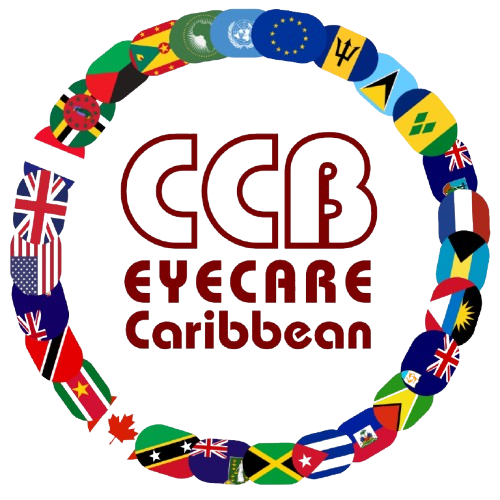FOR IMMEDIATE RELEASE (PDF)![]()
St John’s, Antigua and Barbuda – October 10, 2012: With close to 180 thousand visually impaired persons and 60 thousand who are functionally blind in the English-speaking Caribbean, Governments across the region have been called on to include Eye Health Services in their Public Health System.In his message to mark World Sight Day, 2012, the Chief Executive Officer of the Caribbean Council for the Blind (CCB), Arvel Grant, noted that in an effort to reduce blindness and visual impairment, Caribbean citizens must be able to access basic eye health services on demand.
“The Caribbean Council for the Blind is committed to the principles of Vision2020 (The Right To Sight) which requires that we achieve a significant reduction in the causes of blindness and visual impairment by the year 2020. In order to get there anyone who wants to have their eyes examined should be able to get that examination in either the public or private sector without an extraordinary waiting time.”
“World Sight Day is only a marker to remind us of the importance of having these targets met,” he added.
“The training of Optometrists, Ophthalmologists and Refractionists is only a small step in the long journey that we must complete. Presently we have several Medical Doctors being trained to become Ophthalmologists in a number of countries from as far afield as Guatemala, Mexico and the Dominican Republic. We intend to increase those numbers significantly from the present 12 or 13 to twice that amount in the next two or three years.”
He also pointed out that once persons who are blind or visually impaired have their rights fulfilled – they also have a responsibility to help with the development of their families, communities and countries.
“World Sight Day means that every person who lives in the English-speaking Caribbean must have a right to sight. But in order for them to achieve those rights and accomplish those responsibilities, they need the support of all of us.
Through the work of the CCB and its partners, close to one hundred students are being trained as Optometrists at the University of the West Indies St Augustine Campus in Trinidad and Tobago and at the University of Guyana.
The CCB head said the ratio of Optometrists to persons living in the English-speaking Caribbean is woefully inadequate.
“Presently the ratio of Optometrists to persons living in the English-speaking Caribbean is almost 250 thousand persons to one Optometrist while in the United Kingdom that ratio is closer to one Optometrist to ten thousand persons. We are determined in the Caribbean to get closer to the ratio that obtains in the United Kingdom and other developed countries over the next 20 or 25 years.”The development and expansion of Eye Departments and Operating Theatres has also been the focus of the regional body.
“We are developing two Eye Departments in St. Lucia, four in Guyana, three in Jamaica, five in Haiti and we are looking at the possibility of implementing Vision Centers in several eye health facilities including four in Antigua and Barbuda and plans for the implementation of similar facilities across several other countries in the Caricom sphere,” he said. World Sight Day is observed around the world by all partners involved in preventing visual impairment or restoring sight. It is also the main advocacy event for the prevention of blindness and for “Vision 2020: The Right to Sight”, a global effort by the World Health Organization and the International Agency for the Prevention of Blindness.
Contact: Arvel Grant, ( C.SW, B.Sc-SW (Hons), DPA, MPH)
Chief Executive Officer,
CCB-Eye Care Caribbean
PURPOSE
“Preventing blindness and visual impairment; while restoring sight and creating opportunities for persons whose sight cannot be restored”.
Lower All Saints Road – P.O. Box 1517 – Antigua and Barbuda, West Indies
